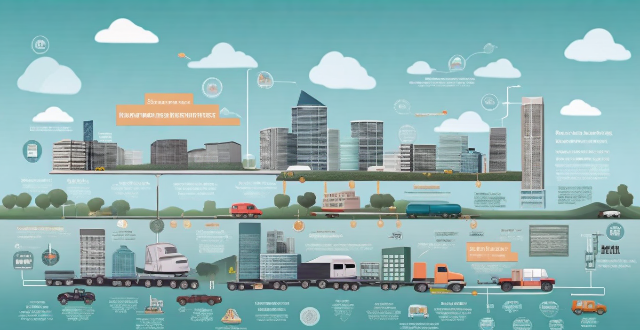Autonomous driving technology offers numerous benefits, includingAutonomous driving technology offers numerous benefits, including human error and predictable behavior It also increases efficiency and productivity, allowing passengers to use their time more effectively. Additionally, autonomous vehicles contribute to environmental sustainability through optimized route planning and electric vehicle integration. Finally, they improve accessibility for individuals with disabilities or elderly population who may face challenges with traditional transportation options.

The Benefits of Autonomous Driving
Autonomous driving, also known as self-driving or driverless cars, is a technology that allows vehicles to operate without human intervention. This emerging technology has the potential to revolutionize transportation and bring numerous benefits to society. In this article, we will explore the advantages of autonomous driving in detail.
Improved Road Safety
One of the most significant benefits of autonomous driving is improved road safety. According to statistics, the majority of road accidents are caused by human error, such as distracted driving, drunk driving, and reckless behavior. Autonomous vehicles are designed to eliminate these errors by relying on advanced sensors, cameras, and algorithms to make decisions and navigate the road.
- Reduced Human Error: Autonomous vehicles can significantly reduce the number of accidents caused by human error, leading to safer roads for everyone.
- Predictable Behavior: Unlike humans, autonomous vehicles do not get tired, angry, or distracted, ensuring consistent and predictable behavior on the road.
Increased Efficiency and Productivity
Another benefit of autonomous driving is increased efficiency and productivity. By allowing vehicles to operate without human drivers, people can use their time more effectively while commuting or traveling long distances.
- Time Savings: Passengers can use their commute time more productively by working, relaxing, or engaging in other activities instead of focusing on driving.
- Reduced Traffic Congestion: Autonomous vehicles can communicate with each other and traffic infrastructure to optimize traffic flow, reducing congestion and travel times.
Environmental Sustainability
Autonomous driving also has the potential to contribute to environmental sustainability by reducing carbon emissions and promoting energy-efficient transportation.
- Optimized Route Planning: Autonomous vehicles can plan routes more efficiently, minimizing idling and reducing fuel consumption.
- Electric Vehicle Integration: Many autonomous vehicles are electric or hybrid models, which produce fewer emissions and promote sustainable transportation practices.
Accessibility for All
Finally, autonomous driving can improve accessibility for individuals who may face challenges when driving or using traditional transportation options.
- Mobility for People with Disabilities: Autonomous vehicles can provide mobility solutions for people with disabilities, allowing them to travel independently and safely.
- Elderly Population: As people age, they may lose the ability to drive safely. Autonomous vehicles offer an alternative mode of transportation for seniors, enabling them to maintain their independence and quality of life.
In conclusion, autonomous driving offers numerous benefits, including improved road safety, increased efficiency and productivity, environmental sustainability, and improved accessibility for all individuals. As this technology continues to advance and become more widely adopted, we can expect even greater improvements in transportation and society as a whole.